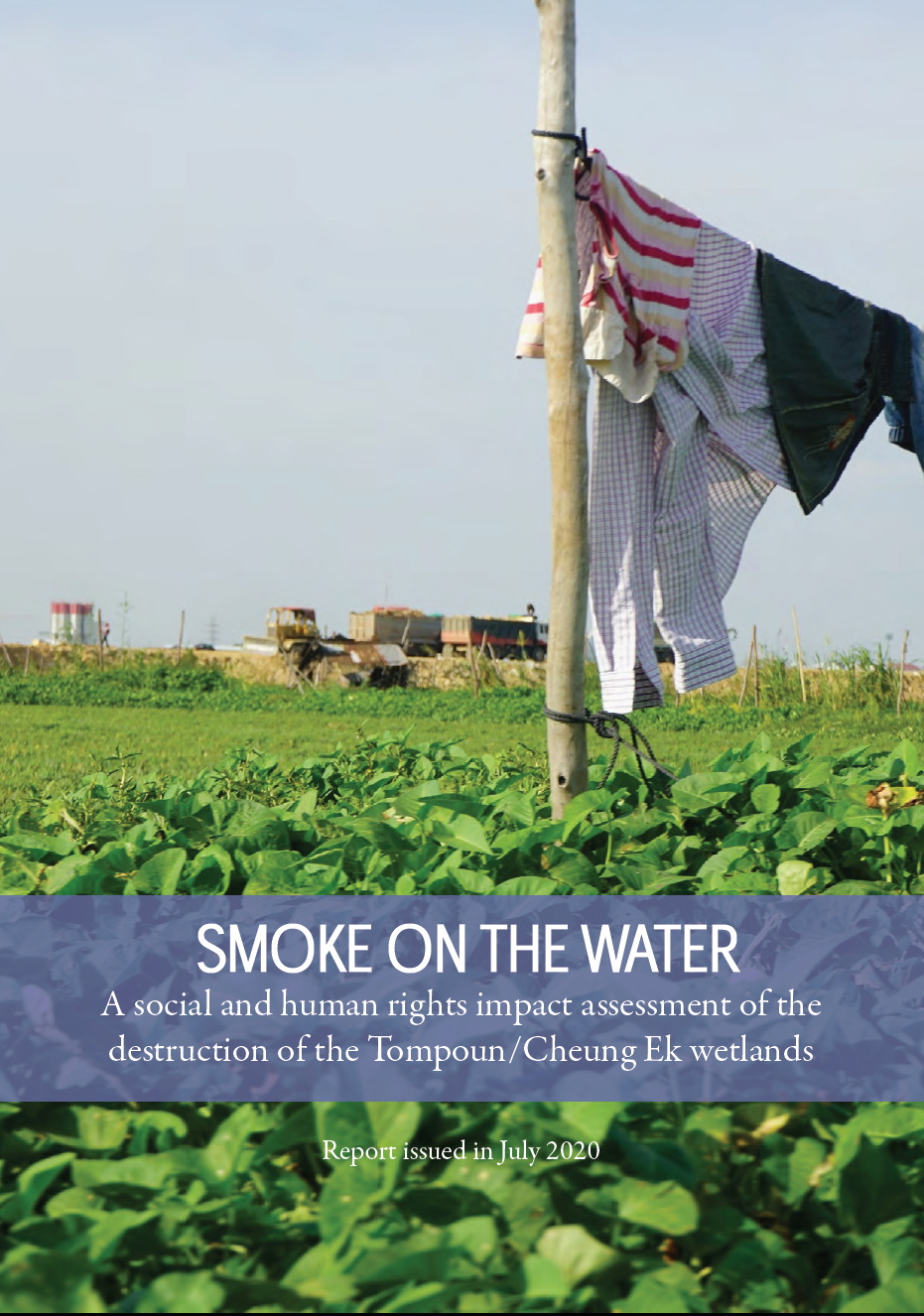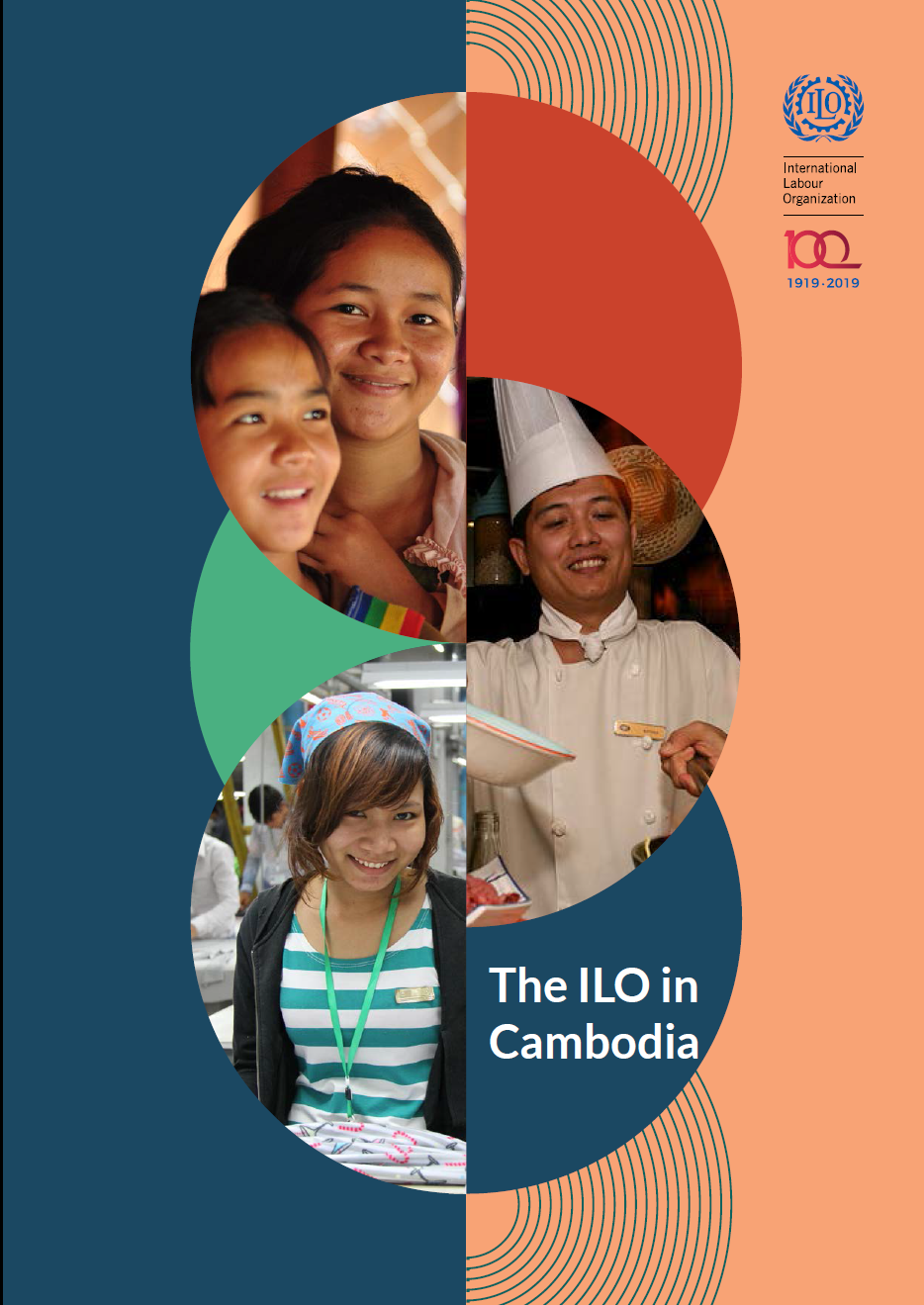Latest Entries
Trafficking in Persons Report 2018
Publication Year: 2018 / Sources: U.S. Department of StateCambodian trafficking victims include men, women and children, who are exploited for a variety of different purposes including numerous forms of forced labour, as well as for commercial sexual services. Victims are exploited through debt bondage and for domestic servitude, forced begging, for forced labour in the fishing, construction, food processing and agricultural industries, and for sexual services in brothels, massage parlours, salons, beer gardens and karaoke bars. Within Cambodia, trafficking victims are predominantly women and girls who are trafficked for sexual exploitation, as well as for domestic labour.
Download: English | KhmerTrafficking in Persons Report 2017
Publication Year: 2017 / Sources: U.S. Department of StateCambodia experiences significant internal and cross-border trafficking, and is a country of origin, transit and destination for trafficked persons. Human trafficking patterns and trends in Cambodia vary from small-scale opportunistic endeavours to large-scale organised syndicates with elaborate trafficking networks.
Download: English | KhmerSmoke on the Water
Publication Year: 2020 / Sources: United Nations High Commissioner for Human Rights.Since 2004, the ING City project has been progressively destroying the Tompoun/Cheung Ek wetlands in Phnom Penh, threatening the livelihoods and homes of more than a thousand families, devastating the wetlands ecosystem, placing more than a million people at increased risk of flooding, worsening food insecurity, and polluting the Mekong and Bassac rivers with untreated sewage and harmful pollutants. The wetlands are a vital flood protection area for Phnom Penh, as well as the city’s only wastewater treatment system. ING City, and other proponents, are currently infilling the wetlands with sand and dirt to create land for real estate.
Download: English | KhmerKindom of Cambodia Decent Work Country Programme 2019-2023
Publication Year: 2019 / Sources: International Labour OrganizationThe Cambodia Decent Work Country Programme (DWCP) 2019-2023 provides a framework for cooperation between the ILO, the Royal Government of Cambodia (RGC), and the social partners to contribute to the achievement of Cambodia’s national development objectives by 2030. The DWCP is the 5th such document and builds on 50 years of Cambodian membership of the ILO. The DWCP will support the implementation of the Rectangular Strategy IV, the National Strategic Development Plan 2019-2023, and the Cambodian Sustainable Development Goals (CSDGs). Priority will be placed in this context on implementation of SDG 8: Promote sustained, inclusive, and sustainable economic growth, full and productive employment, and decent work for all.
Download: English | KhmerThe ILO in Cambodia
Publication Year: 2019 / Sources: International Labour OrganizationCambodia has been a member of the ILO since 1969 and has ratified 13 ILO conventions including all eight core conventions. The ILO has operated in Cambodia since 1992 following the end of nearly three decades of internal conflicts and has implemented five Decent Work Country Programmes (DWCPs) since 2005, all in close cooperation with its constituents.
Download: English | Khmer




